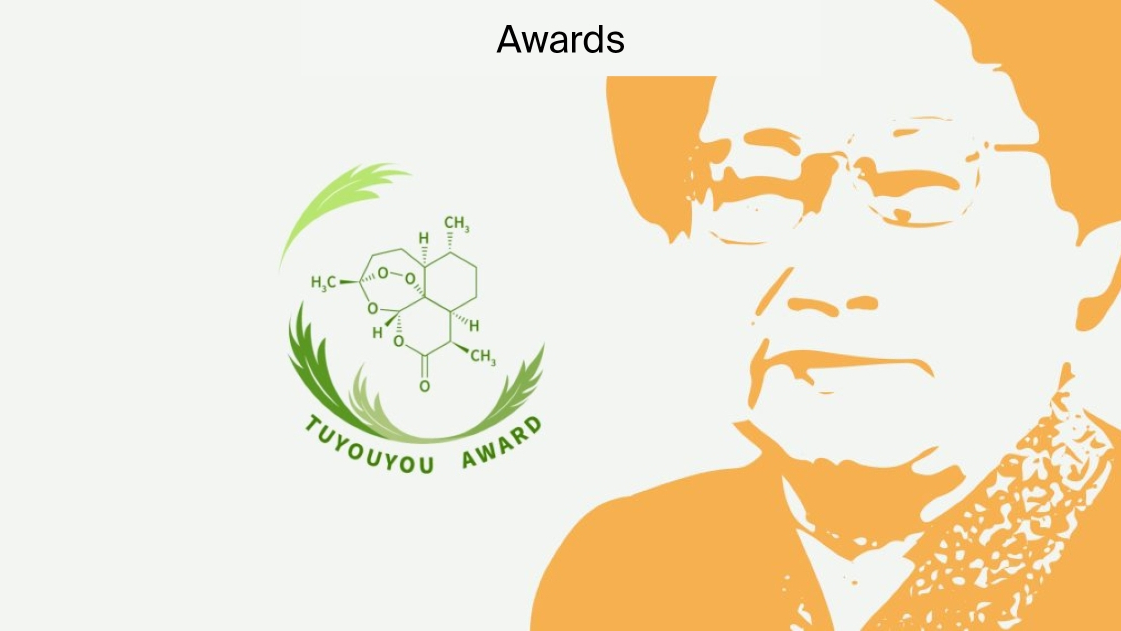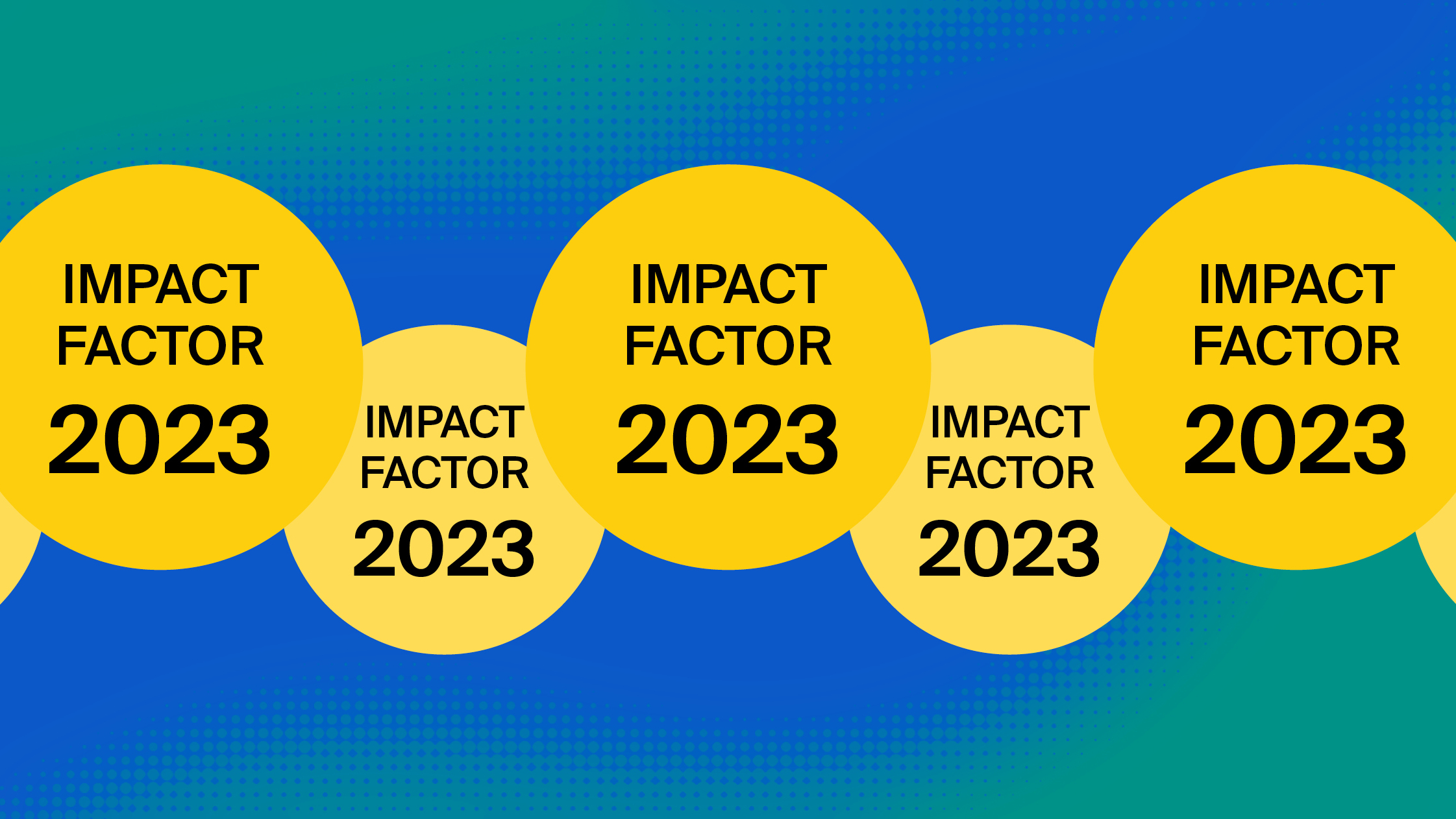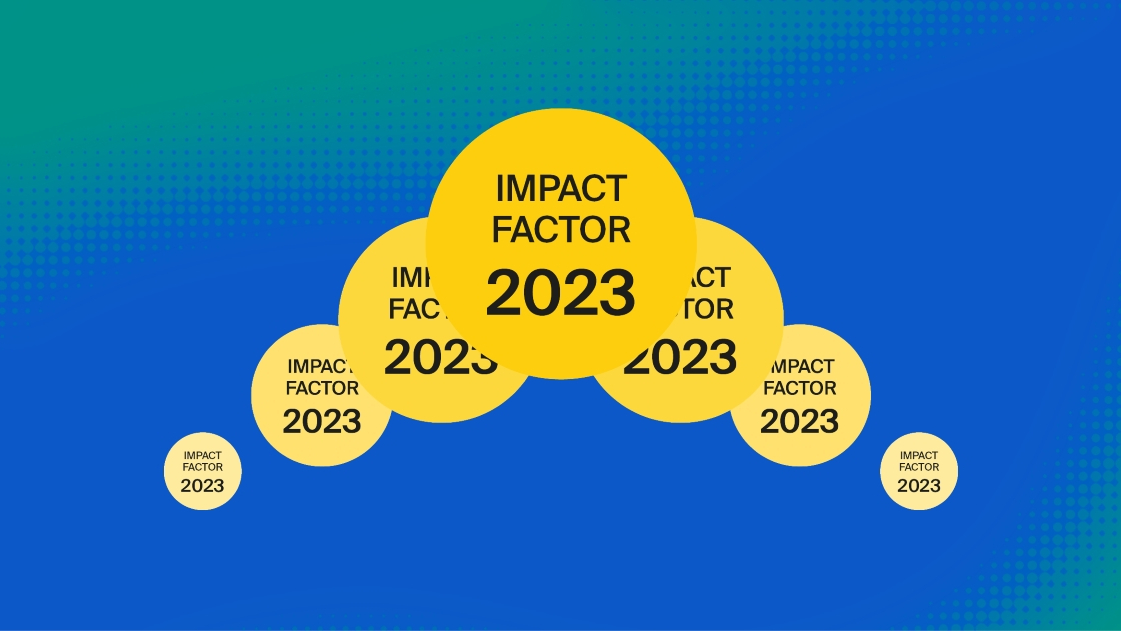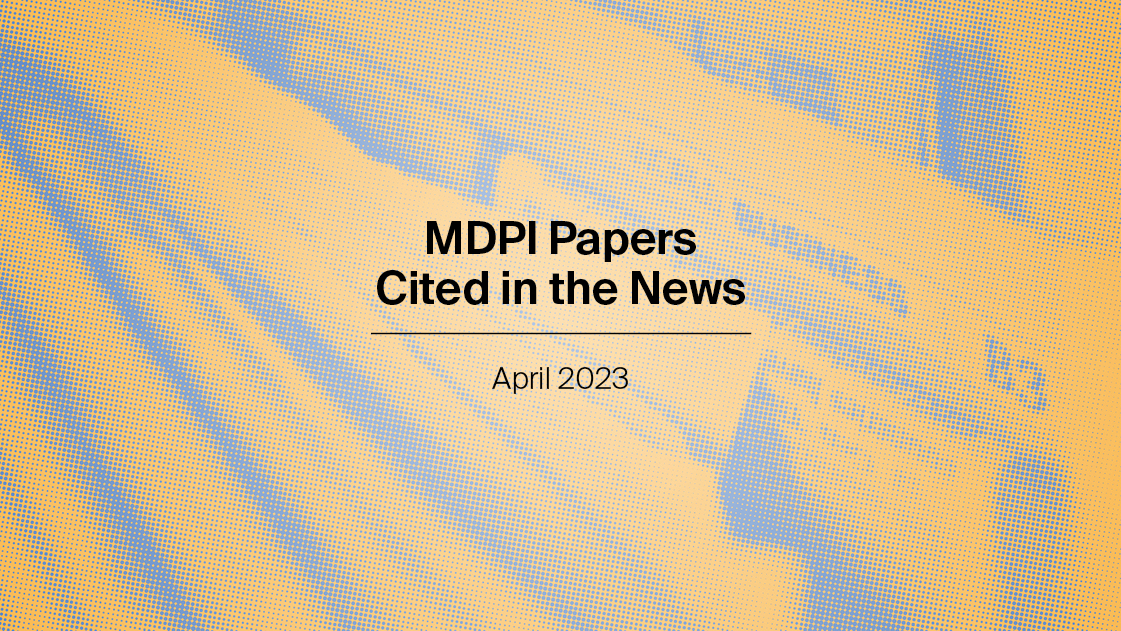
MDPI’s Commitment to Research Diversity
We’ve acknowledged the importance of women in STEM (science, technology, engineering, and mathematics), a traditionally male-dominated discipline; let’s now consider research diversity as an all-encompassing concept within these fields, including, but not limited to, intersecting social identities of gender, religion, sex, ethnicity, sexual orientation, physical ability, and socioeconomic status.
Importance of diversity
Without these diverse social identities, we lose out on diversified ideas and, in turn, progression in the infinitely indispensable scientific domain. Take, for example, the inconceivably rapid generation of COVID-19 vaccines by several companies globally—Pfizer, the United States of America, with BioNTech, Germany; Johnson & Johnson, Janssen division, Belgium and the Netherlands, etc.— that we have witnessed over the past year, which has been made possible by the coming together of research work forces powered by diverse perspectives and innovation.
It is no revelation that only by the sharing of knowledge, mutual respect, and collaboration we can have the maximum impact, and it is not only desirable to cultivate a diverse and multifarious workforce—it is crucial to the success and development of the research industry.
How diverse is science?
Although statistics show that diversity in STEM subjects is steadily increasing, with underrepresented minorities awarded more science and engineering degrees at all levels than this time a decade ago, STEM is still very much cast beneath the shadow of structural discrimination. This remains a controversial subject matter, especially where affirmative action is concerned, sometimes engendering negative, often misinformed, attitudes with regard to questioning the ethics and meritocracy within these policies.
In 2019, persons with disabilities represented a lower proportion of employed workers in science and engineering or associated occupations than those without disabilities. Female scientists and engineers earn lower salaries on average than their male counterparts in the majority of occupational fields, and the representation of minority groups in academic positions proportionate to their share in the population is still tremendously low (source: National Science Foundation).
Reflecting on its awareness of this problem, and the need for us all to do better, MDPI has recently joined two important initiatives: C4DISC principles and the RSC commitment.
MDPI is committed to research diversity
C4DISC stands for Coalition for Diversity and Inclusion in Scholarly Communications, the principal goal of which is to ameliorate diversity and inclusivity in academic communications. It was founded by 10 umbrella associations standing for individual scholars and whole organisations subject to marginalisation in scholarly publications. C4DISC identifies a specific mission, vision, and values as follows: The central mission of the Coalition is to “work with organizations and individuals to build equity, inclusion, diversity, and accessibility in scholarly communications”. Its vision is the creation of “a socially just community that welcomes, values, and celebrates all who seek to contribute to scholarly communications”. Its values are divided into 3 broad categories: “respect: value differences [and] welcome diverse perspectives”; “listen: learn from different communities [and] make space for marginalized voices”; and “act: eliminate barriers [and] be an ally”.
MDPI is one of 39 publishing institutions that make up the RSC (Royal Society of Chemistry) commitment. This movement takes a self-critical approach to ensuring inclusivity within scholarly publishing in order to identify the areas that must be improved to drive the change that is needed. Its objectives are four-fold: “Understand our research community”, “Reflect the diversity of our community”, “Share success to achieve impact”, and “Set minimum standards on which to build”.
Open Access supports diversity
MDPI is also a part of the fully OA (Open Access) publishers’ group within OASPA (Open Access Scholarly Publishing Association), who recently released a call for action discussing strategies to facilitate the essential shift from traditional scholarly to fully open access publishing. The post stated that “fully OA publishers are an instrumental and essential component of the scholarly publishing landscape. We add diversity and author choice and publish OA to serve our research communities without being compelled by a changing scholarly publishing landscape.”
Open Access publishing is exactly what it says on the tin—Open Access for everyone. MDPI strives to create a reciprocal environment for scholars from all corners of the globe, building journals that are inclusive of all backgrounds in order to reflect the myriad research communities it serves and to provide fair, equitable communication for all.
Click here to learn more about how MDPI supports scientific communities.










